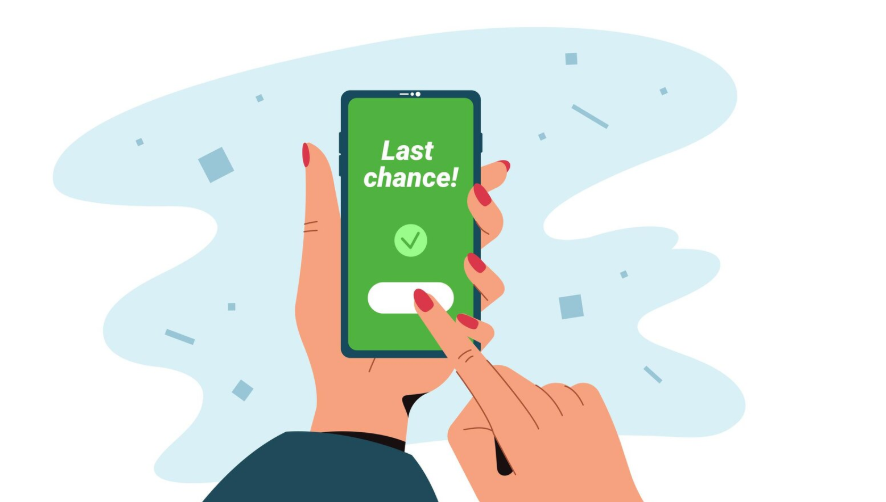By Nikolina Koulouri,
Nowadays, algorithms seem to shape much of what we do and choose. The recommendation settings in our phones work in a quiet way so as to influence a decision we have to make when it comes to buying something. Although they are not visible, they work in a way that suggests new things for a person to try out or promote a new product. Despite being a helpful guide and a time saving tool, there are times that they take over their limits and interfere more than they should in a person’s life. I recently started having a thought about how much of what we choose is a decision of ours and just a few days ago I came across an article that helped me understand the way algorithms work.
The writer had spent an entire week letting algorithms make every choice for him, leaving no room for him to choose his actions throughout the day. That means that his food choices, his TV shows and pretty much everything during the day were influenced by algorithms. In the beginning it felt pretty innovative but after reading it and thinking about it, it does not seem as cool as someone thinks.

It begins to be a little more complicated when I come in his shoes and think about how it would be for my life to be controlled by such tools. Sometimes I even go with them without realizing that I selected “Accept” in that cookies recommendation when visiting a website. It is usually preceded as a pointless notification that I just want to skip so as to visit a site. That way, my settings are shaped based on my likings, without me doing anything but just pressing a button.
This is the reason why I was really invested in the article. My mind started thinking how quietly we have all relied to this tool, of course not in a dramatic way but in a more subtle and everyday decision tone. After school or work we want to watch a show or cook a new recipe and that is what we search for. After a few scrolls your whole feed is equipped with recipes or movies that are trending, although you only searched for one thing.
Do not get me wrong, it really is helpful and it gives us a chance to save time as well as try new things we would not have tried due to possible lack of time or time to think, but the line is pretty slim. This “relationship” with algorithms or cookie settings can become pretty passive, since you do not use time to think and you rely your mind and eventually, your whole existence on something that is not even visible. Of course it is not a matter of laziness but more of a comfort issue since life nowadays is pretty complicated.

This is the point that I start wondering how much does this comfort cost spiritually. When everything is tailored to what we already like, when we only see what we are expected to enjoy, we stop growing and discovering. We lose the randomness that sometimes leads to the most meaningful experiences. And we may even miss out on parts of ourselves or ideas we have not explored yet. The article of course did not argue that algorithms are evil and neither do I, because at the end of the day they are tools of the modern society that have helped tons of people. They just need a limit so as to not control the mind and if we are aware of how they work, there is no problem in using them.
Concluding, what I found especially astonishing was the idea that our world slowly adjusts to us, based on our clicks. It mirrors us back to ourselves. That can feel validating up to a point, but also limiting. If I am always shown more of what I already know, how will I ever surprise myself and force myself to use my mind? That is why, after reading that article, I decided to pay more attention regarding this issue and not just accept what I am being shown without critical thinking. I am definitely not rejecting the evolution of technology but I believe that us people should be alert beings for our own good.
Reference
- What happened when I let algorithms run my life for a week. Wired. Available here




